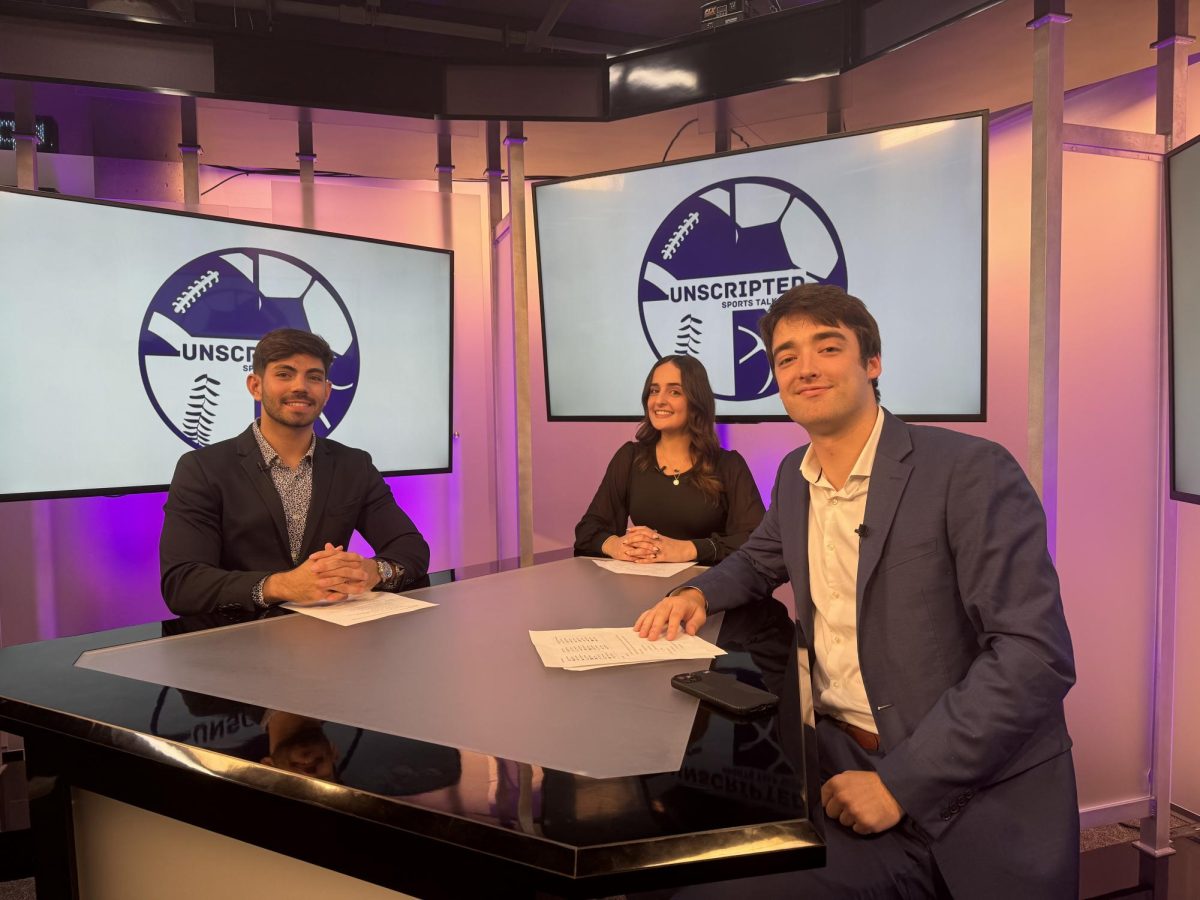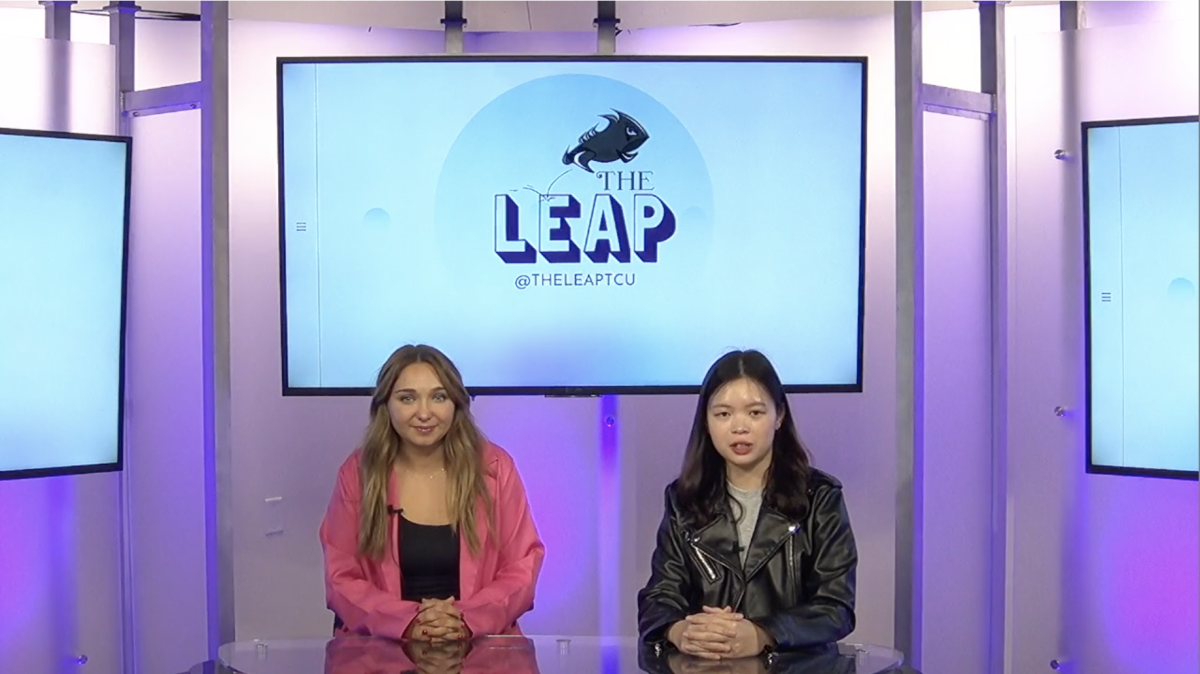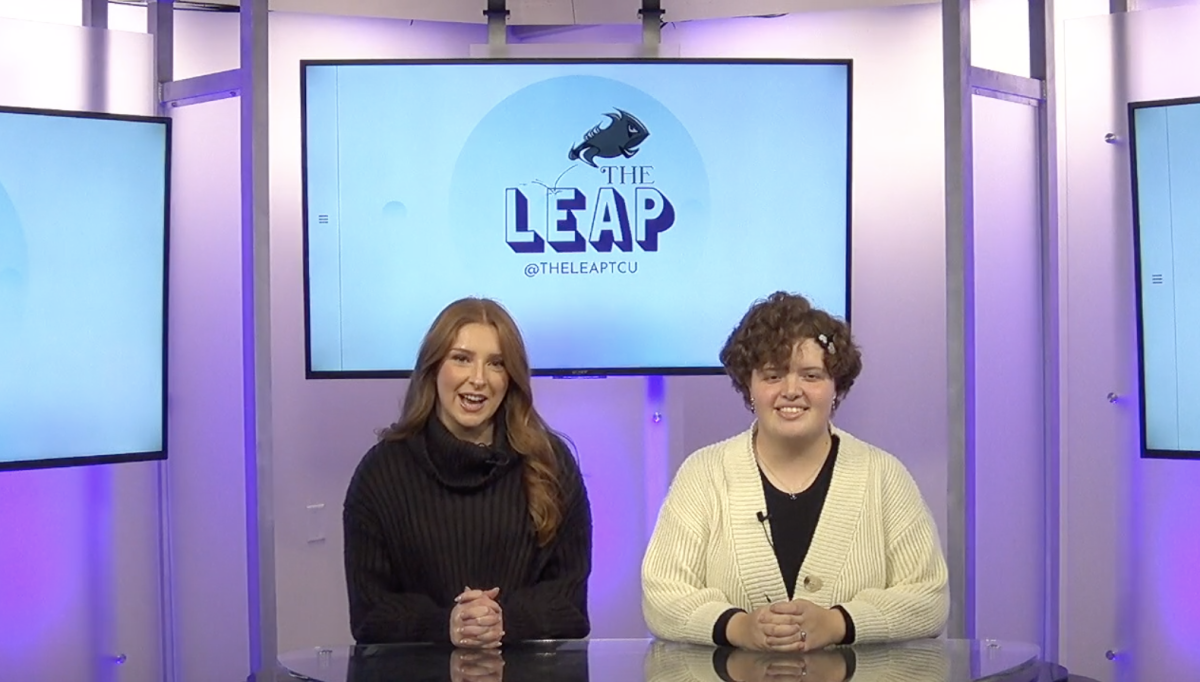The Mayans predicted 2012 would bring about the end of the world, but no one could have predicted an Internet blackout in protest to Congressional bills that some say, if passed, would mark the end of the Internet and free press as we know it.
The bills, H.R. 3261 (Stop Online Piracy Act) and S. 968 (Protect IP Act), are legislative twins that attempt to reduce online pirating of copyrighted content through open sharing websites such as Pirate Bay. However, the heads of many online sites have spoken out against these bills including Reddit, Google, Facebook and Wikipedia, which began a self-imposed blackout of its English site beginning yesterday at midnight Eastern.
Currently, websites are not responsible for user-submitted content as long as they provide infringement-reporting methods and remove any reported content that does indeed violate intellectual property laws. However, there is very little that can be done to protect copyrighted material hosted on foreign sites.
These bills hope to change that by giving government the power to block foreign IP addresses from being accessed within the United States. The government could force Internet providers to block access to certain websites, block websites that contain links to piracy sites and prevent search engines from displaying blocked web pages.
Ultimately, sites like Facebook and Wikipedia oppose the legislation because it allows websites to be held legally responsible for user-submitted content.
When people upload videos of themselves singing a popular song to YouTube, they technically commit copyright infringement. If the rights holder of that song wishes, they can contact YouTube who will remove the video from their site.
If these laws pass, however, companies could sue the video hosting site for not monitoring the user-submitted content.
While a free press should not guarantee us free music, these bills would give the government too much power to regulate access to the Internet. Congress should re-think its strategy to eliminate piracy and focus on punishing those who consume pirated content.
However, we should keep in mind that the Constitution (passed before the Bill of Rights, remember) guarantees artists the exclusive right to their work.
Congress should start over and work to solve the piracy problem in a way that does not violate the Constitutional rights of artists as well as the open press.
David Shaver is a sophomore journalism major from Canyon.






